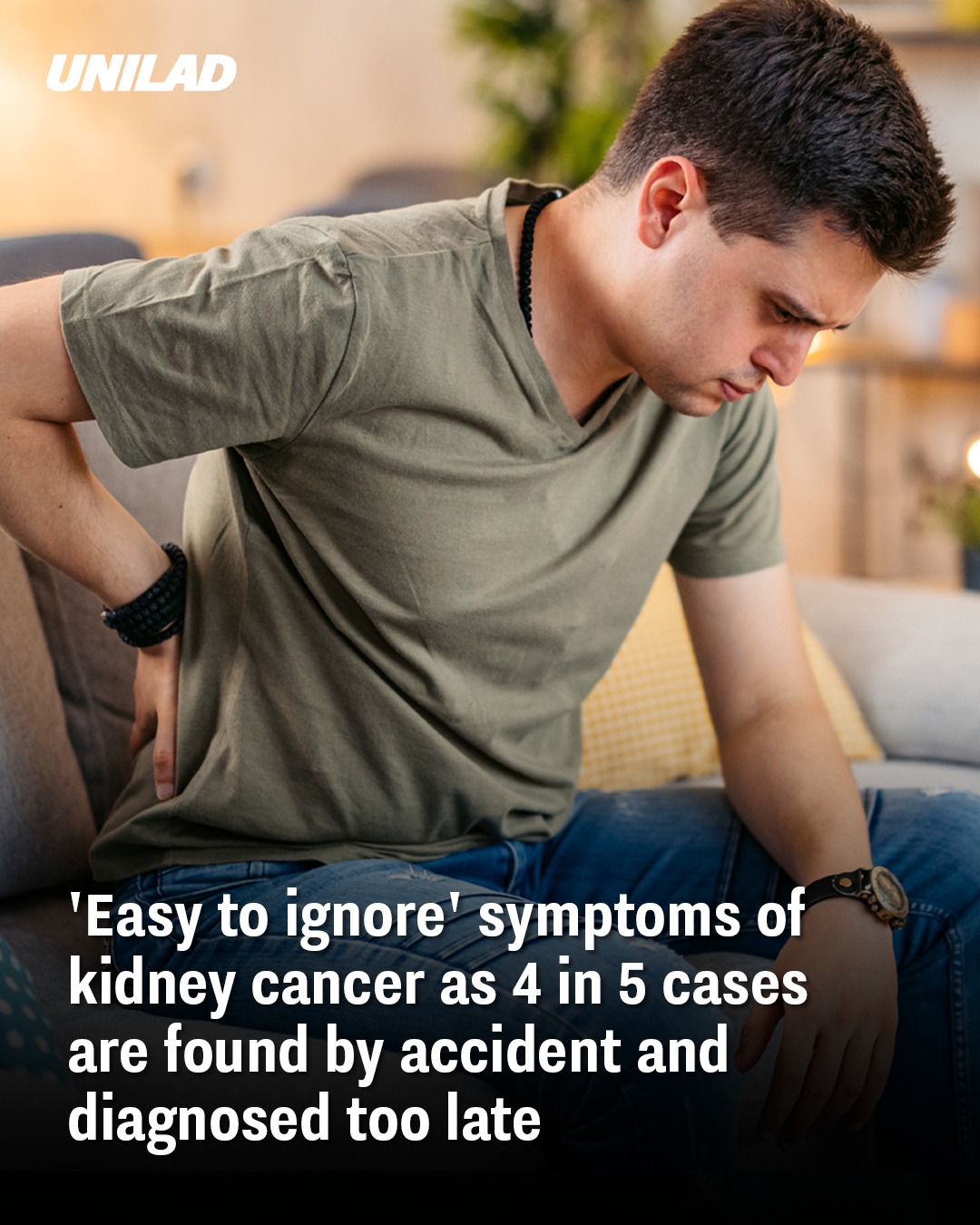Kidney Cancer Often Goes Undetected
Kidney cancer is one of the top 10 most common cancers in the United States, claiming thousands of lives each year. What makes it particularly dangerous is that four in five cases are discovered by accident, often too late for effective treatment.
According to Kidney Cancer UK, over half of patients receive a diagnosis only after undergoing scans or tests for unrelated conditions. This has earned kidney cancer the nickname “silent disease.”
Common but Overlooked Symptoms
Hazel Jackson, lead nurse at Kidney Cancer UK, highlights that the early warning signs are often vague and easy to dismiss. Some of the most commonly overlooked symptoms include:
- Blood in urine: This is the biggest red flag. It can appear as deep red or brown urine, a faint pink tinge, tiny specks, or blood only at the end of urination. Importantly, it may occur just once and without pain, making it easy to ignore.
- Back or side pain: A dull ache, especially if it lingers, can be an early indicator.
- Rapid, unexplained weight loss
- Recurring urinary tract infections (UTIs): While UTIs are often harmless, repeated infections can sometimes mask serious kidney problems.
- Other symptoms: Loss of appetite, high temperature, excessive sweating, and night sweats may also appear.
“Symptoms of kidney cancer can be vague and don’t always appear together. That’s why it’s vital to trust your instincts. Early diagnosis saves lives,” Jackson said.
Take Action Early
Because early-stage kidney cancer can be treatable and even curable, recognizing symptoms promptly is crucial. Jackson advises:
“Don’t dismiss changes in your body — acting quickly could make all the difference. You know your body best, and it’s always better to be safe than sorry.”
Patients noticing any unusual signs, especially blood in urine, persistent back or side pain, or repeated UTIs, should seek medical attention immediately.
Key Takeaway
Kidney cancer is largely a silent disease, and many cases are discovered accidentally. Staying alert to subtle symptoms and getting checked early can drastically improve outcomes, making awareness and timely action essential.



